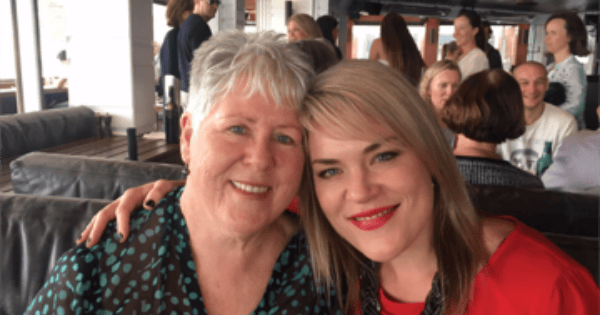Content warning: This post contains mentions of depression, post traumatic stress disorder and suicide that readers may find triggering. If you are in immediate danger, call 000.
Two months after surviving the 2005 London bombing that killed 26 people on my train, I had a conversation with my mum that changed my life.
I was on a phone call to my mum who was back in Australia. I was home again from work, having another sick day. I couldn’t verbalise what I was feeling, I was just crying all the time and didn’t want to talk to anyone or to leave the flat.
I kept telling everyone that I was fine as I believed that I should be — I survived. I wasn’t giving myself the right to feel anything, I didn’t think I had any right.
Luckily for me, my mum persisted and said, ‘I do think you need to talk to someone. I don’t care if after talking to someone, they say you are ok, but just go. I’m on the other side of the world and I’m worried’.
I felt I wasn’t entitled to get help or take up someone’s time to talk about what I was going through. At the time, I didn’t know that mental illness is just as bad as physical illness. I didn’t know about shock or survivor guilt.
A few weeks earlier in the paper, they had written the obituaries for all the people that had passed away. I remember thinking, ‘look at all these people who have achieved so much, who have loved so much. Why were they taken and why did I survive?’
I went to the crisis support centre that had been set up for those affected by the bombings. It took all my courage to leave the flat that day and finally walk in. From the moment I opened my mouth to start to talk to a counsellor I realised I needed some help and broke down in tears for over an hour.



Top Comments
It's good to keep tabs on your family and friends.